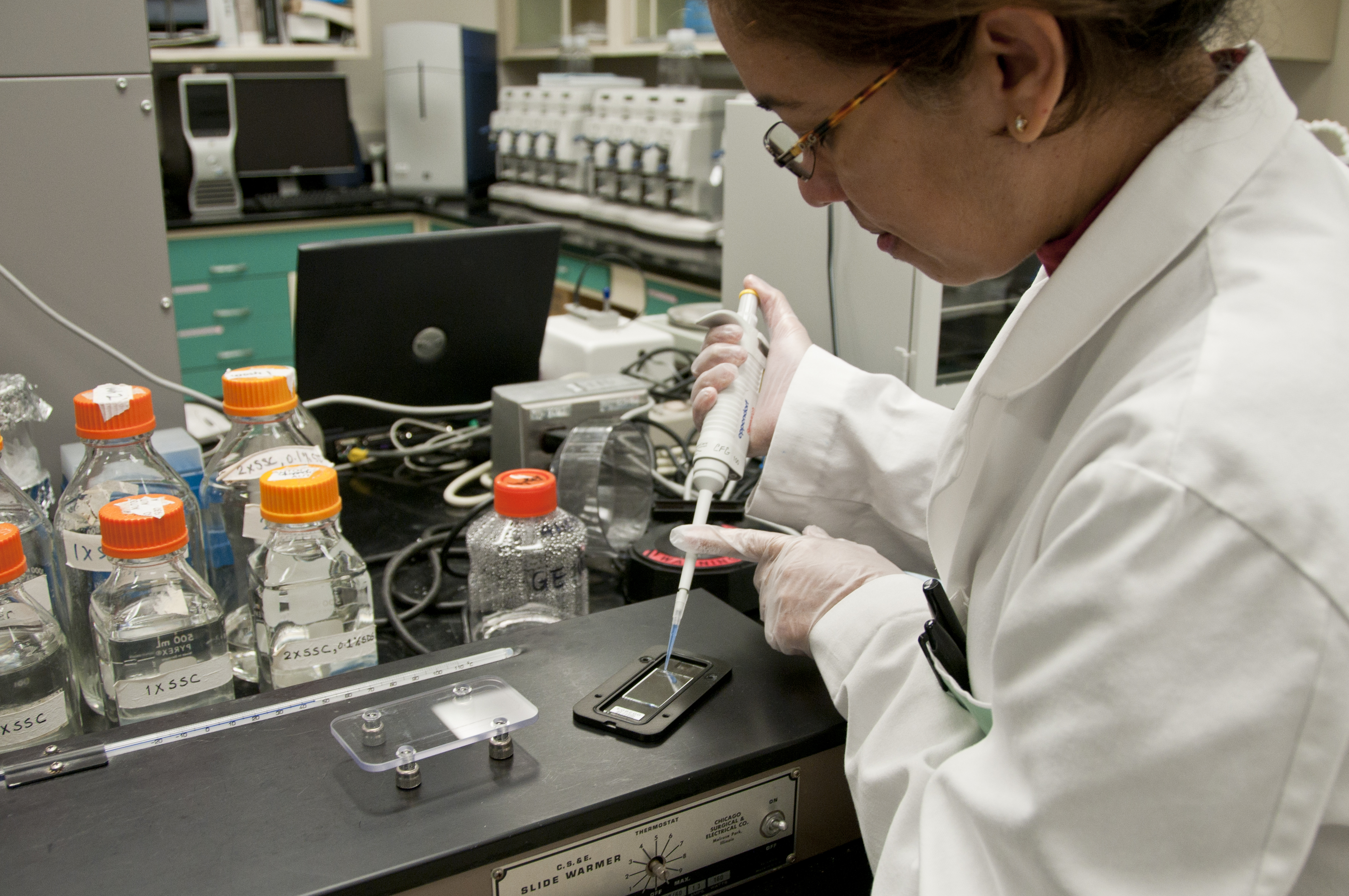
Photo from academic.microsoft.com
People with existing non-communicable diseases (NCDs) are particularly vulnerable to health risks brought upon by emergencies and disasters, yet limited research has been conducted on disease management and the implications… Click to show full abstract
People with existing non-communicable diseases (NCDs) are particularly vulnerable to health risks brought upon by emergencies and disasters, yet limited research has been conducted on disease management and the implications of Health-EDRM policies that address health vulnerabilities of people with NCDs during the COVID-19 pandemic. This paper reports the baseline findings of an anonymous, random, population-based, 6-month cohort study that aimed to examine the experiences of people with NCDs and their relevant self-care patterns during the COVID-19 pandemic. A total of 765 telephone interviews were completed from 22nd March to 1st April 2020 in Hong Kong, China. The dataset was representative of the population, with 18.4% of subjects reporting at least one NCD. Results showed that low household income and residence in government-subsidized housing were significant predictors for the subjects who experienced difficulty in managing during first 2 months of the pandemic (11% of the NCD patients). Of those on long-term NCD medication, 10% reported having less than one week’s supply of medication. Targeted services for vulnerable groups during a pandemic should be explored to support NCD self-care.
Journal Title: International Journal of Environmental Research and Public Health
Year Published: 2020
Link to full text (if available)
Share on Social Media: Sign Up to like & get
recommendations!